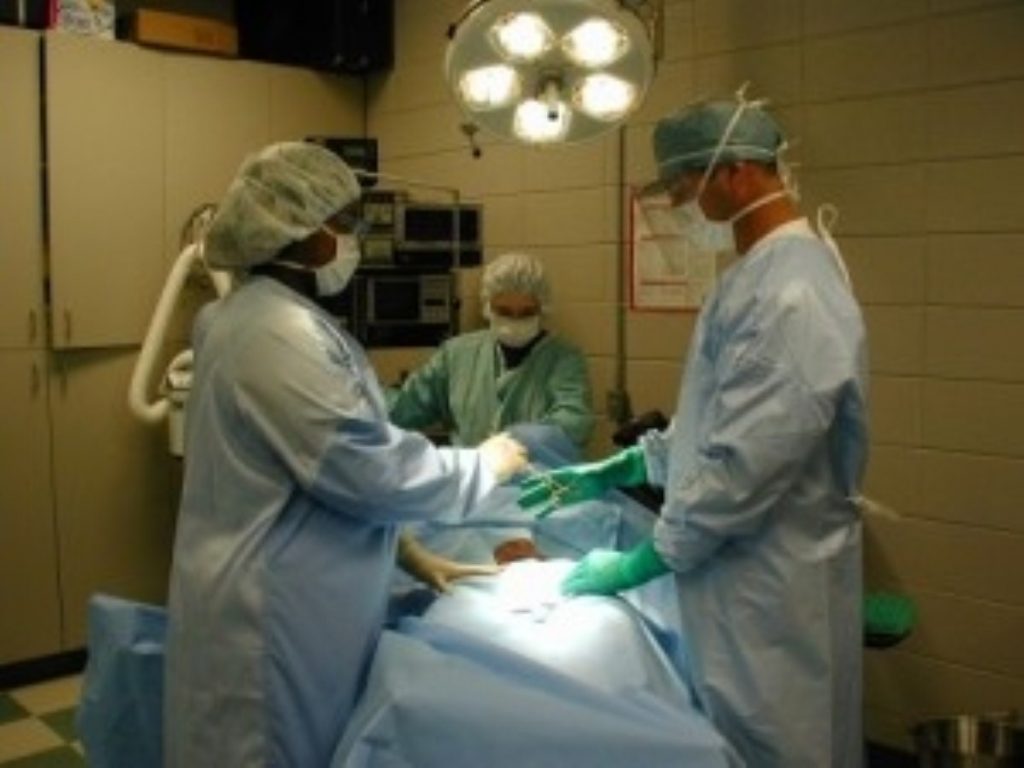Doctors’ hours in focus as 58 hour week implemented
The political focus has once again shifted to the hours worked by junior doctors as the EU Working Time Directive comes into force.
As of Sunday, all of the UK’s hospitals have a legal responsibility to ensure that junior doctors work a maximum of 58 hours a week, as well as implementing new minimum rest requirements.
The change is part of the UK’s phasing in of the 1998 Working Time Directive, with junior doctors’ hours due to be reduced to 48 in 2009.
Most groups agree with the need to reduce hours, citing numerous studies of the negative effects of long hours including lack of concentration and mistakes, but are divided on the new regulations.


A survey by the NHS Confederation earlier this year indicated that a sixth of trusts did not expect to be compliant with the directive on August 1st.
Hospitals could potentially be liable for fines of up to £5000 by the Health and Safety Executive (HSE) each time they breach the directive. No prosecutions appear imminent as the HSE has said they will assess compliance over a 26 week period.
Trusts also face the possibility of being taken to industrial tribunals by doctors requested to work longer hours. The British Medical Association (BMA) has already said it will support any such action.
Mr Simon Eccles, chairman of the BMA’s Junior Doctors Committee, said: “This is health and safety legislation – it’s being introduced to protect patients as well as doctors, and hospitals need to take it seriously.”
The BMA has also threatened to name and shame hospital trusts “who allow the new limits to reduce the quality of training.” It warns that long 13 hour shift systems can mean “trainees are often denied exposure to work that increases their knowledge.”
The Department of Health has emphasised that the “overwhelming majority” of trusts are compliant with the new directive and “all efforts” are being made to help though as yet unable to comply.

